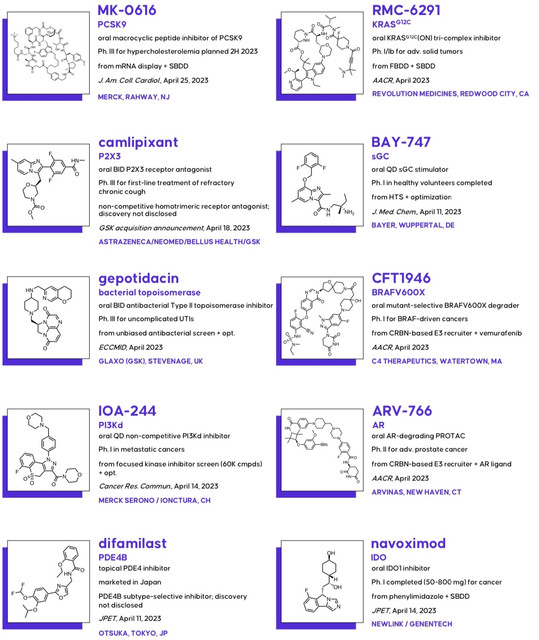I'm going to come in with a totally different perspective.
Chemistry is a lot like cooking. Most chemistry is following existing recipes that have been done before, or making slight changes to them (changing starting material for a similar looking one, scaling up or down, etc). That kind of chemistry can be done by basically anyone if they are careful to follow instructions and have the neccesary equipment.
Certainly any experience helps, but by no means do you need to spend years in school to do chemistry. In fact, in a bygone time, chemistry was treated more like a trade than a university course.
Necessary skills include: being able to follow directions, having good research skills, planning ahead, patience, being able to keep a clean workspace, being able to measure various quantities (temperature, weight, time, volume) accurately, being able to take good notes and records, knowing about appropriate safety equipment and using it, being able to pour/handle/measure various substances, etc.
A properly equipped lab can cost millions but you can also get a basic set of glassware for under $200. Especially if you stick to used/surplus equipment.
Now the thing with discovering totally new drugs, is it's actually two problems:
1. You need to figure out where the drug binds and its efficacy (the biology half)
2. You need to figure out how to make that drug in significant quantity (the chemistry half).
Traditionally new drugs have been discovered by a rather brute force method of making analogues of existing drugs (or even totally novel structures) and screening them against targets (formerly live animals, today cell culture) then making further adjustments and repeating, etc. - but with the advent of high resolution structures of many target receptors, drugs can also be designed a little more rationally, to fit into exactly where they need to go.
However, none of this is done by single people any more. Drug development is very much a team effort. Otherwise prepare to dedicate yourself to making hundreds or thousands of compounds of similar structure and test them one by one in cell culture (or whatever).
And all that is just to develop a "lead compound", don't get me started about actually developing commercially saleable drugs.

